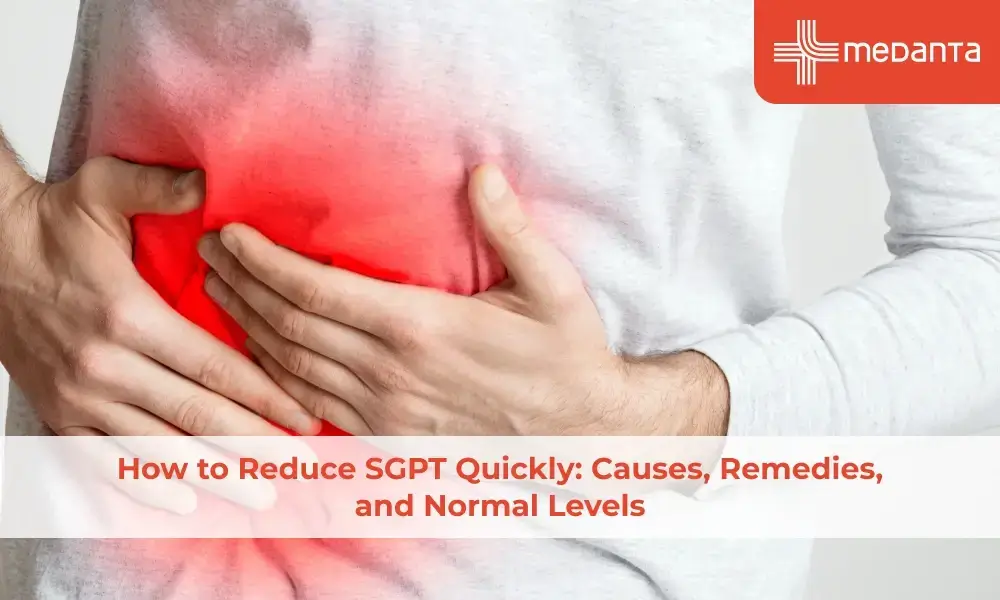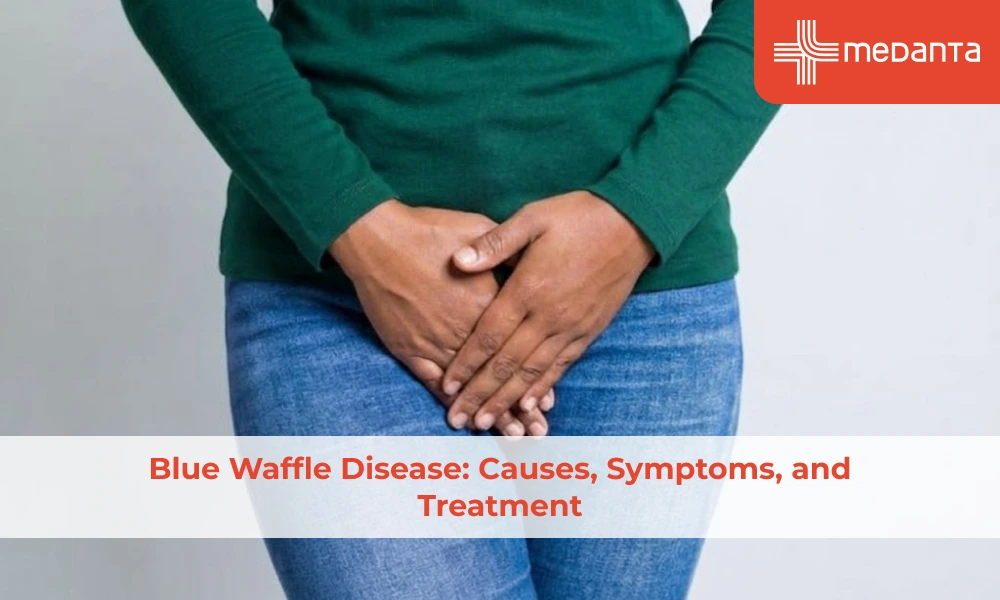Can psychological illnesses increase heart disease risk?

The National Alliance on Mental Illness estimates that roughly 1 in 4 adults in the US suffers from a mental illness at some point each year. A severe mental illness like major depression, schizophrenia, or bipolar disorder affects 1 in every 17 adults.
According to past studies, those who have been diagnosed with a significant mental illness typically pass away 10 to 20 years earlier than the general population, and heart disease is the main reason for their demise.
Furthermore, compared to patients who did not use psychiatric drugs for their mental condition, those who did had a threefold increased risk of stroke and a twofold increased risk of heart disease.
Why does this happen?
A sizable and expanding body of research demonstrates the connection between heart disease risk factors and mental health both before and after a mental health issue is diagnosed. Both directly through biological processes and indirectly through risky health behaviors, these consequences may occur.
Long-term sufferers of depression, anxiety, stress, and even PTSD may undergo physiologic changes in their bodies, including increased cardiac reactivity (e.g., elevated heart rate and blood pressure), decreased blood supply to the heart, and higher cortisol levels. These physiological changes have the potential to develop into metabolic disorders, heart disease, and calcium buildup in the arteries over time.
Patients and doctors not being aware of the elevated medical risks that persons with [these problems] face (including enhanced risk of CV disease) is one of the obstacles involved in supporting the overall health of people with [severe mental health conditions].
Not understanding how certain therapies (such as some drugs used to treat [mental health disorders], which might increase cardiometabolic risk) can increase these risks, and not feeling able to meaningfully intervene even when these increased risks are acknowledged are further difficulties.
These patients might be considered to be particularly at risk, and the threshold for starting diagnostic procedures, preventive treatment, risk factor treatment, and condition treatment could be lowered.
Before and after taking psychiatric drugs, these individuals should have routine cardiovascular health evaluations, and measures to lower the risk of cardiovascular health problems should be provided.
What should you do?
A person's chance of developing a heart disease event can be decreased by addressing mental health disorders early on by giving them access to the right resources and support to boost healthy habits (such as increased physical activity, improved diet quality, and reduced smoking).
- Exercise - The detrimental effects of stress can be offset by exercise. Aim for 150 minutes or more of moderate-intensity exercise per week for heart health. Four to five days a week, you can do this in 30- to 40-minute periods. By decreasing blood pressure, regulating weight, and enhancing cholesterol, exercise can help to promote cardiovascular health. Another advantage of exercise is that it reduces tension. People who exercise react to stress less physically. They do not experience the same increases in blood pressure and heart rate as stressed-out non-exercisers.
- Treatment - If you already have heart disease, depression and anxiety can make it more likely that you'll pass away from it.
- According to research, persistent anxiety or emotional stress may raise the chance of unexpected cardiac death. Try stress-relieving exercises like yoga, walking meditation, conventional meditation, guided imagery, or other techniques to lower your anxiety levels. Find classes in your neighbourhood. Caffeine, alcohol, and tobacco can all raise your stress levels and blood pressure while also causing you to feel more anxious. Reducing or giving up these substances may help you feel less stressed and anxious. If you feel depressed or anxious, discuss it with your doctor and inquire about any medications that might be helpful.
- Social circle - According to research, having a strong support system, such as a spouse, confidante, or membership in a group or religion, can lower stress levels and lower the risk of heart disease.
This same network can assist in lowering your risk for heart attack if you already have heart disease. Having at least one person you can count on relieves stress and brings comfort.
A solid support network also enables you to take better care of yourself. According to research, the likelihood of practicing bad habits like smoking, eating a diet high in fat, and drinking too much alcohol increases when there is a lack of social support.






